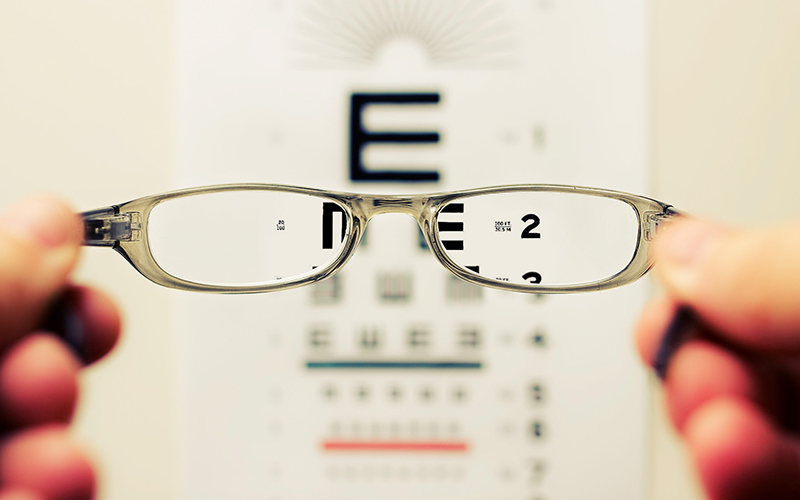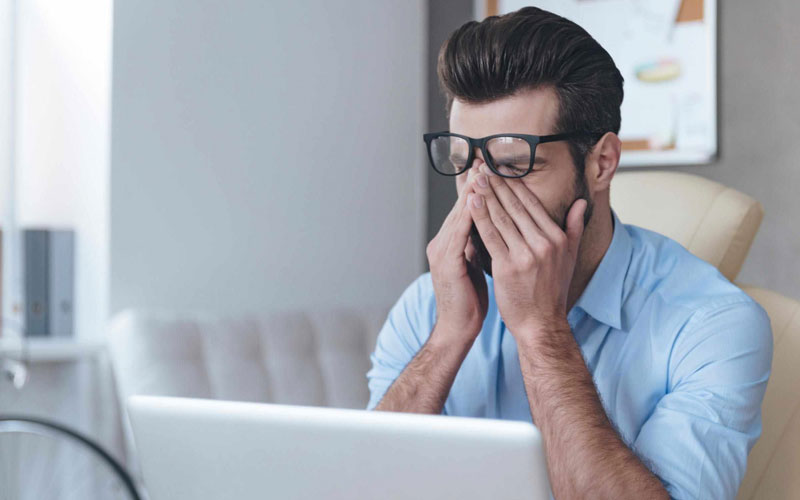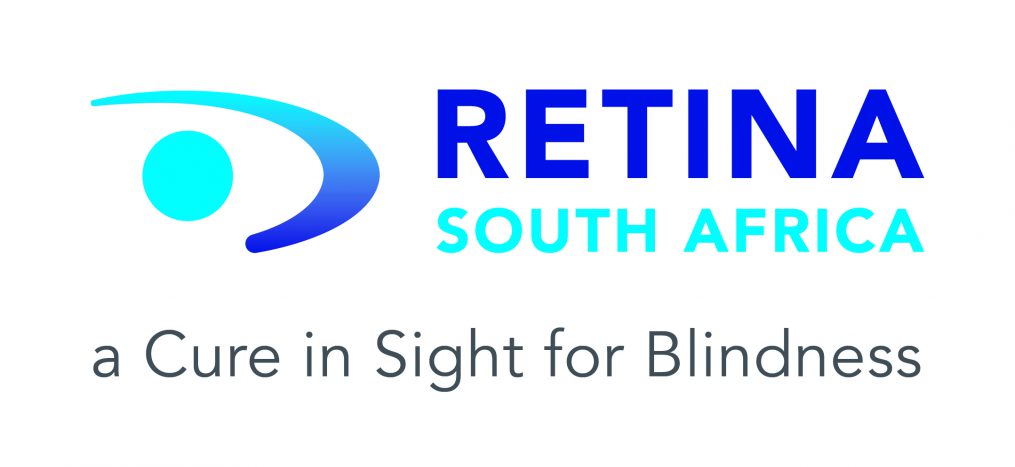
The outbreak of COVID-19 has made the home the centre for working, learning and socialising from a distance. Companies have enabled systems to allow employees to work remotely, parents are homeschooling children, and people are staying connected to the world by being online. This new way of living and working translates into vast amounts of screen time for everyone.
“During these strange and unfamiliar times, more people are working and having meetings online. Children and students have lessons delivered via online classrooms; they are relaxing by watching movies, and they are having house parties with their friends online. Thank goodness for the internet and the enabling technologies which allow us to do this!
“But too much of a good thing can be bad. The prolonged use of digital devices is causing tremendous strain on your eyes and can impact your vision,” says Ruahan Naude, a specialist in the optometry industry for over 20 years and the Chief Executive Officer and founder of Dynamic Vision South Africa.
He explains that blue light, which emits from the screens of computers, laptops and smartphones, is harmful to your eyes because it has the highest energy wavelength of visible light and this penetrates right through the eyes’ natural filters, to the back of the eye. This exposure over time can cause damage to the back of the eyes, increasing the risk of Age-related Macular Degeneration (AMD) and permanent vision loss. More immediately, staring at a screen also contributes to fatigue, blurred vision, watery eyes and headaches. Too much screen time, especially before bed also disrupts sleep.
These vision-related problems resulting from prolonged use of computers, laptops, tablets and smartphones have a name – Computer Vision Syndrome. Signs that you might be suffering from Computer Vision Syndrome or digital eye strain include:
- Headaches towards the front of the head and around the eyes.
- Sore and tired eyes.
- Body fatigue, feeling tired and wanting to close your eyes.
- Vision fluctuation, which occurs when the muscles in the eyes become so used to focusing on a digital device that they can’t relax when they look at something else.
- Sensitivity to light.
- Poor night vision results from overstressed eye muscles continually trying to focus on light sources and digital devices.
- Dry, red eyes.
- Itchy eyes that you need to rub frequently.
- Reduced concentration. As most of the symptoms of digital eye strain are uncomfortable, they can cause distraction.
So you are in lockdown and life online is necessary, what can you do to protect your eyes?
For a start, Naude recommends positioning your screen at least an arm’s length away. Also, tilt the top of the monitor away from you at a 10 to 20-degree angle. Place your screen in such a way so that it does not get any distracting reflections. This produces unwanted glare. Additionally, computer screens should not be overly bright or too dark as this places strain on the eyes.
Secondly, make sure that the room is adequately lit. Working or reading in dim light makes it difficult for your eyes to focus and leads to eye fatigue, dry eyes, redness, pain and headaches.
He stresses the importance of taking regular breaks from screens and devices.
“Don’t spend more than 30 minutes at a time, staring at a screen. Get up, look away from the screen and try to focus on something in the distance for two minutes. Also, try to blink more frequently. Ordinarily, we blink about 12 times per minute, but when we are looking at a screen, we blink less, sometimes as little as five times in a minute. Blinking more will help to keep your eyes lubricated and reduce dryness.
“Also, try to do some eye exercises every day. These are simple to do. Look left to right two times with your eyes closed and then do the same looking up and down. Then, look at something further away and focus on it while you count to 10 then look at something close while you count to 10. Do this five times. Doing these exercises can help to strengthen your eye muscles.”
Like our minds and bodies, our eyes also need some downtime. Naude says that everyone should give their eyes some time to “chill”.
“A good way to relax the eyes is with a warm compress. Dip a cloth into warm water, close your eyes and place the warm cloth over them for a few minutes. This can also help to alleviate dry eyes. Of course, getting adequate sleep is a way to relax your tired eyes,” says Naude, adding that diet can also impact eye health.
“Follow a healthy diet and drink plenty of water. If possible, take Omega 3 and 6 supplements. This can help build your eyes’ capacity to cope with the strain of increased screen time.”
He concludes saying that accommodative support lenses and blue light control lenses, designed to support the vision and reduce the impact of computer use on the eyes, are good options for adults and children.
“Give your eyes the best help they can get to adapt in a world where the use of computers and devices is the way of life.”








